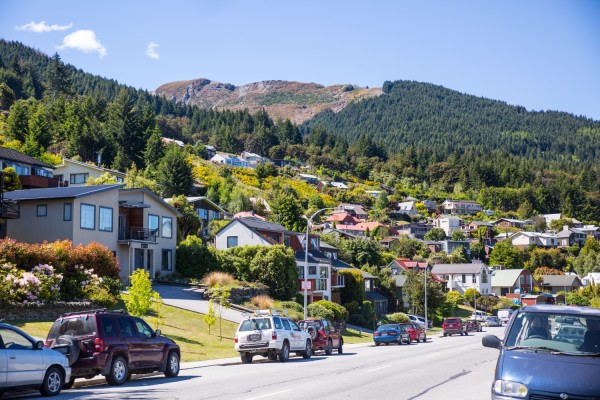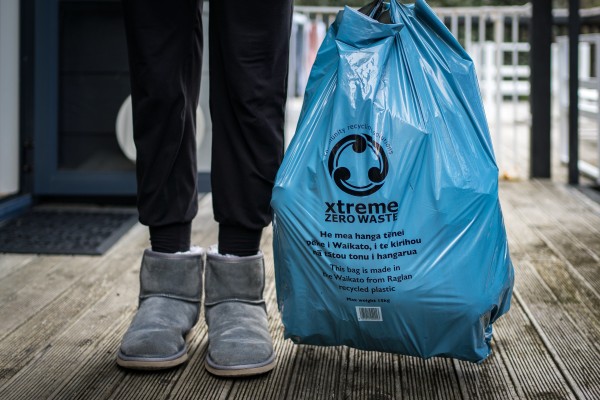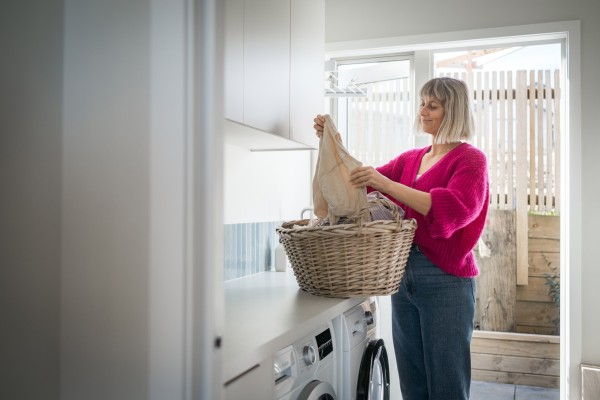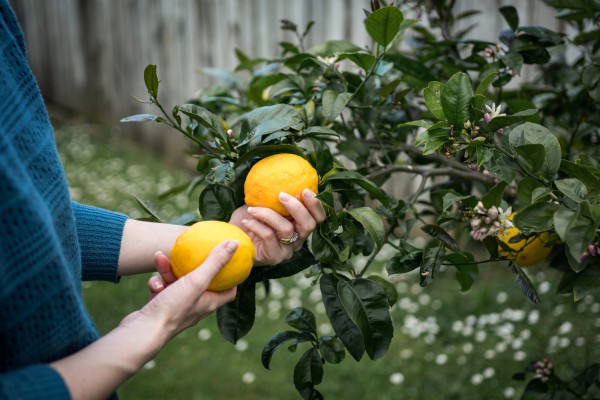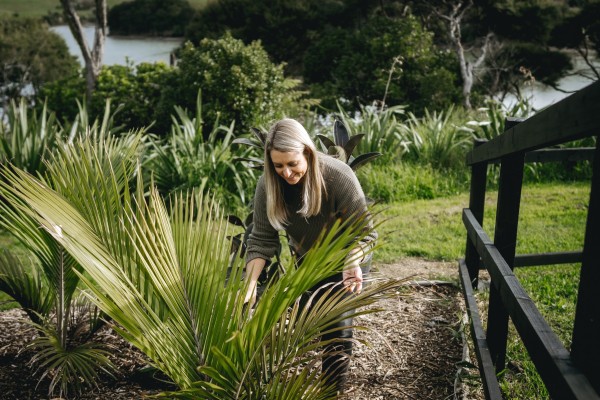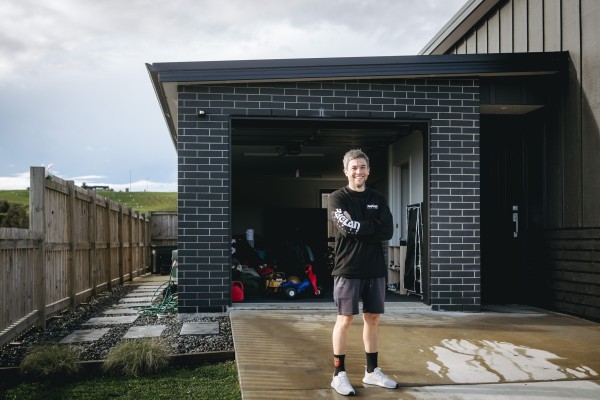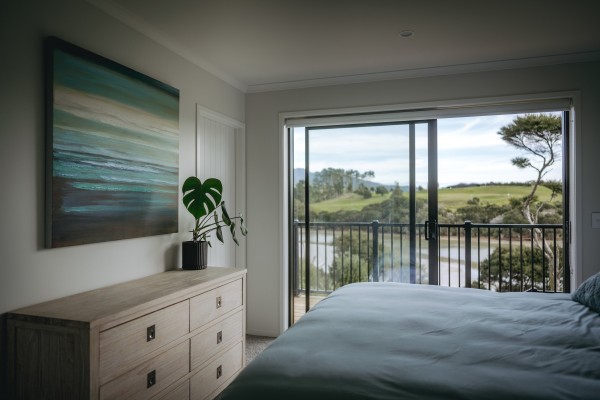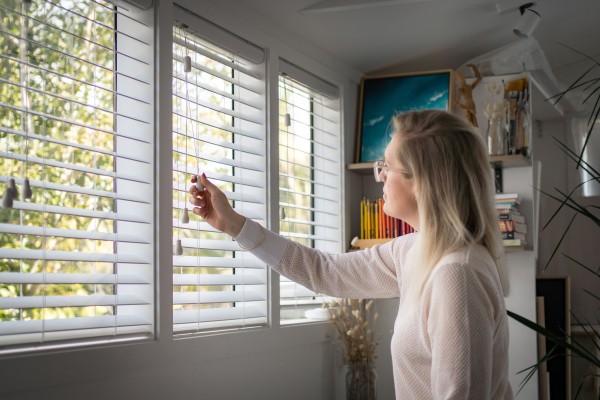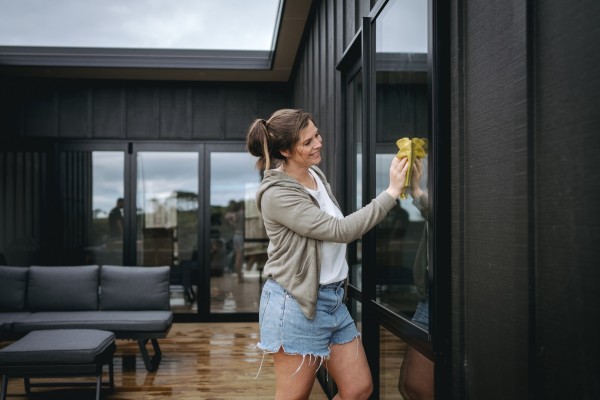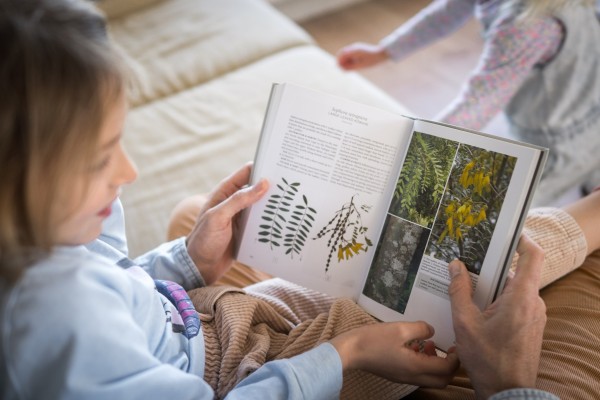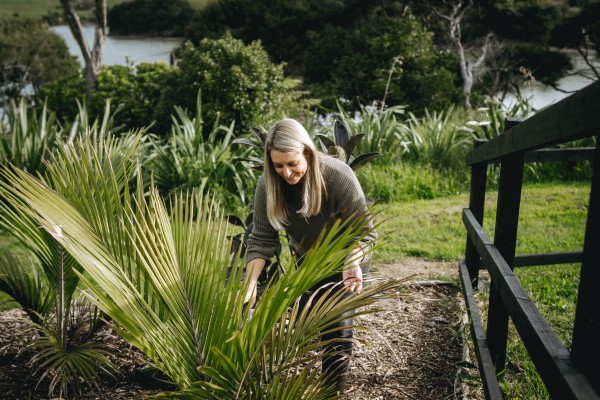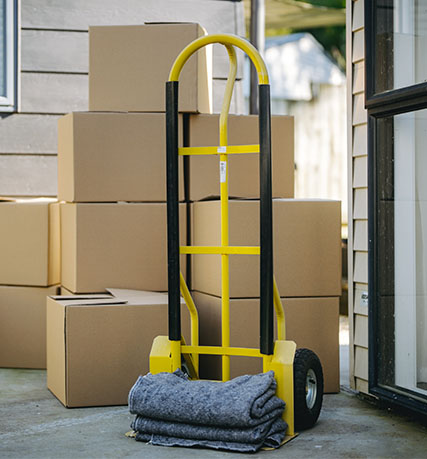Exploring the Tiny House Movement in New Zealand: Is It Right for You?
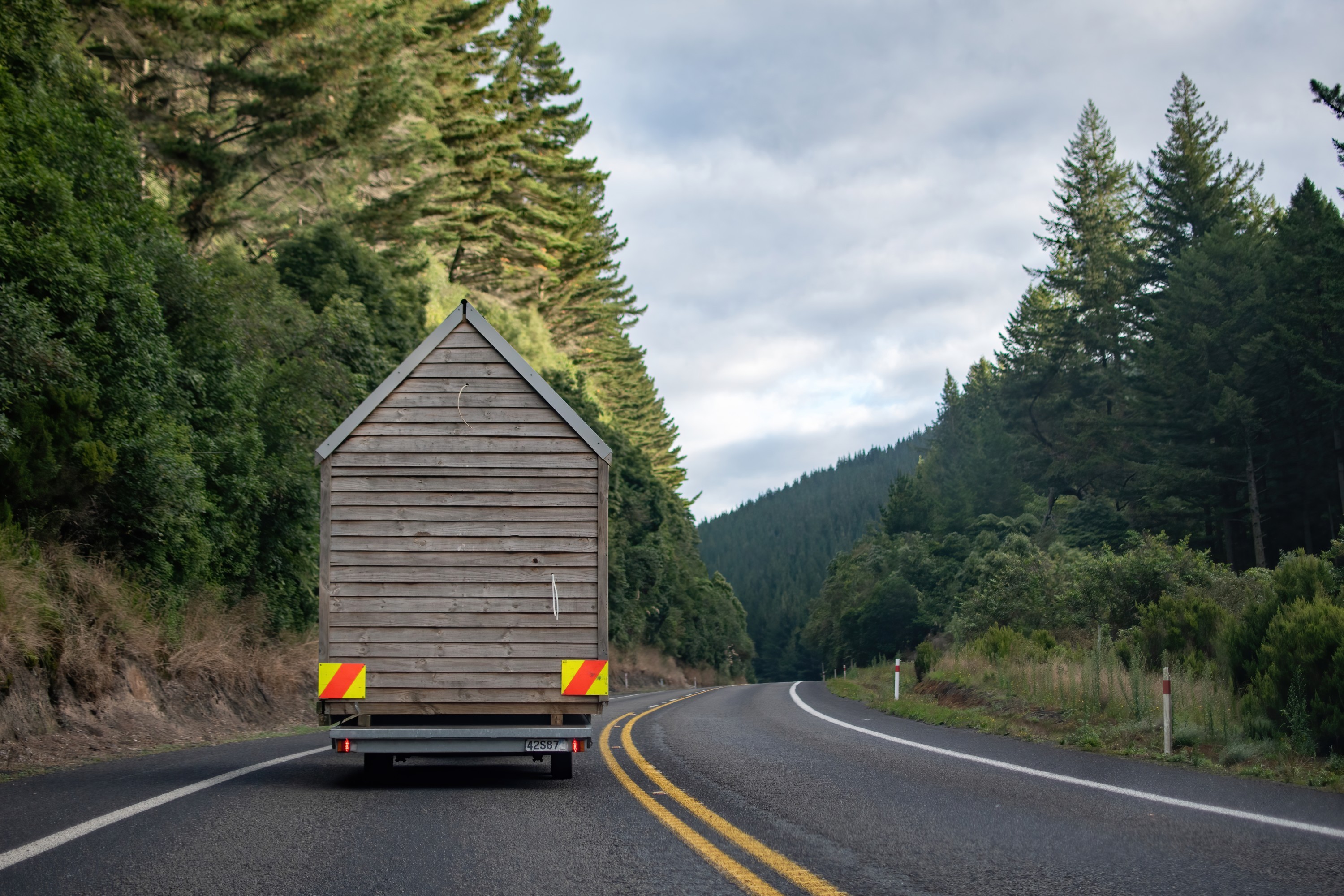
Tiny homes have become somewhat of a phenomenon over the last ten years. Whether you are looking at building your own tiny home or are interested in the lifestyle, this guide will help you decide whether owning a tiny home is the right option for you.
Why own a tiny home?
It’s no secret that New Zealand has a housing crisis. Despite our small size, we simply aren’t building houses fast enough to meet demand. Combined with high rents and interest rates, it's easy to see why a tiny home is an appealing option. When compared to an average family home, they’re:
-
More affordable
-
Faster to build
-
A great stepping stone
-
Customisable, and
-
Easy to care for
Building a tiny home might be faster than a house. Before you set off to build the tiny house of your dreams, it’s important to understand whether you need building consent for your future home.
What is a tiny house in New Zealand?
Every country has a different definition of a tiny house. If you’re building your tiny home on the ground, it doesn’t really matter what size it is!
The benefit of building a tiny house is that they avoid needing permits or council consent. In New Zealand, tiny homes can be classified as light, simple trailers if the home is:
-
No more than 2500kg (including the trailer weight) and
-
No more than 12.5 metres long and 2.55 m wide
Homes over the size constraint are considered ‘overwidth’ and will need a permit (which may prevent them from being moved via trailer) and or council consent.
How do you know if a tiny home is right for you?
If you’re considering the tiny home lifestyle, you’ll need to decide on a few things before you decide whether to buy or build your own home. You’ll need to know whether you want to be able to move around with your home or build on a piece of land.
Will you put your tiny house on wheels?
It’s not mandatory to put a tiny house on wheels. However, there are a few benefits. If you are building or buying a tiny house on a trailer, it’s less likely that you’ll need building consent. This can help speed up the process of getting into your home.
Either way, you’ll need to know whether your tiny house is classified as a building or a vehicle in accordance with the New Zealand Building Act.
What will you use your home for?
If you love to entertain or have a lot of hobbies (and therefore stuff), a tiny house might not be right for you. Tiny houses are more than just homes. It really is a lifestyle. Make sure you are prepared to live with fewer objects in your life. This may also affect things like how many guests you have in your home and whether that 5 piece drum kit is coming with you.
Where will you park or place your tiny home?
Land is often the biggest barrier for people wanting to get into a tiny home. In New Zealand, getting a mortgage for land is much more difficult than getting a mortgage for an existing home on some land (or a land and home package). Make sure you do your homework first and have either bought land or have a land agreement before you buy your tiny house.
Will you hook your home up to utilities?
Once you’ve got your land sorted, it’s important to know what type of utilities you’ll be hooking your home up with. If you are purchasing land, make sure it’s serviced for power and water - as this can be an additional expense. If you are leasing land, you’ll need to talk to the land owner about setting up your utilities. You should get this sorted before you buy or build your tiny house.
What should you consider before building a tiny home?
Just like building a regular-sized home, there’s a lot to consider when it comes to your tiny house. You may choose to build your entire house from scratch or design the plans and hire a builder.
Your skills and budget
If you’re building your own tiny house, you’re probably considering doing so with your own two hands. Before you get started, consider your skills and tools and consider these things as part of your budget. It may appear to be cheaper to build a tiny home yourself, but at the end of the day, time is money. If you’ve never built anything before you may want to design a simple plan that fits your skills and your budget.
Existing tiny homes
Try and see as many real tiny homes as possible before you come up with your own plans. You may even want to work with a professional draftsperson or tiny home designer to get the most out of your home. The best tiny houses make great use of space. This can be a challenge for those new to a smaller way of living. You can even buy pre-designed plans and skip this step entirely.
Where to skimp and save
It’s all good to build your home out of recycled and rescued timber. Where you want to splurge is on the elements that will keep you safe. Your trailer should be made of quality materials and be road-worthy. Building your home on a trailer also means you’re unlikely to need council consent as it’s not classified as a dwelling. Also, don’t skimp on electrical work. Hire an electrician to make sure your home is built safely.
How much time you have
Building a tiny home is a huge undertaking. Consider how much time you have available for building your home. If you are working full time will you realistically have the time and energy to work on your home during evenings and weekends? It can easily take 1-2 years to build a tiny house. In any case, you should be prepared for your tiny home project to take longer than expected.
New Zealand specifications
There is a lot of information about building and designing tiny houses online. However, it’s important that you research your tiny home with the New Zealand market in mind. From floor specifications to materials and council consents, you need to make sure that the dimensions are in centimetres and millimetres and that the materials you need are available at places like Bunnings and Mitre 10.
What should you consider before choosing a builder for your tiny home?
If you’re not much of a DIY-er, you may want to look at having someone else build your tiny home. This can save you a lot of stress and time, but it’s still an important decision that shouldn’t be taken lightly.
Ask around for a referral
Like regular housebuilders, some of the best tradespeople can be found by word of mouth. You can use Facebook pages and online forums like Reddit to ask about local builders in New Zealand who have built and crafted tiny homes. This can help give you peace of mind when it comes to laying down your cash and committing to your tiny house.
Research their credentials
Whoever you choose to build your home, make sure you have all the credentials you’d seek in a home builder. Choosing a Licensed Building Practitioner means they are up to date with the current building code, regulations and standards. They also know how to build to meet the New Zealand Building Code.
Know what you want
When you choose a builder, make sure you know what you want. Like any contractor, they can only give you clear answers to your questions on things like timelines, budgets and materials if you know what you want to build. Make sure you have your floor plans, know what utilities you’ll be connecting to and what materials you want to use before meeting.
What should you know before buying a used tiny house?
Another option is to buy a home that’s already been constructed. There’s a growing market for second-hand tiny houses in New Zealand. Buying second hand can be faster than building your own. On the other hand, it might take time to find your ideal home.
Evaluate the home and its seller
Just like you would with a fixed home, make sure you take the time to properly evaluate your tiny home. Do your research into both the condition of the home and why the owner is selling. Beware of any tiny houses that are selling too cheaply. This could be a sign that there’s something wrong with your purchase. Buying a second-hand tiny house does not come with a warranty, and you’ll be left to fix any problems yourself.
Get specific measurements
Make sure you know the age, exact measurements, and weight of your home. These things all affect whether or not your home is legally a tiny house and are important if you want your home to be transportable.
Check that your home has the required certifications
Ask for copies of any certificates for electrical or gas work. This will ensure that things like your stove and appliances have been wired correctly and are safe to use. Don’t just assume that the seller used a professional for these services.
Check for insulation
Even in a tiny house, you should be checking for sufficient insulation. Tiny houses may be easier to heat due to their small size, but you also want them to have good ventilation. Insulation helps keep your home warm in winter and cool in summer.
What do our customers say?




Wherever You Are
Moving services across New Zealand. All Covered. No Hassle.
- Auckland
- North Shore
- Wellington
- Christchurch
- Hamilton
- Tauranga
- Palmerston North
- Nelson
- Whangarei
- New Plymouth
- Queenstown
- Dunedin
- Invercargill
- Rotorua
- Napier-Hastings
- Kapiti
- Whanganui
- Gisborne
- Blenheim
- Pukekohe
- Timaru
- Taupō
- Masterton
- Levin
- Ashburton
- Whakatāne
- Rangiora
- Feilding
- Rolleston
- Tokoroa
- Oamaru
- Hāwera
- Gore
- Waiuku
- Waiheke Island
- Greymouth
- Wanaka
- Motueka
- Te Puke
- Huntly
- Matamata
- Morrinsville
- Kerikeri
- Thames
- Kawerau
- Waitara
- Ōtaki
- Lincoln
- Kaitaia
- Stratford
- Alexandra
- Dannevirke
- Carterton
- Dargaville
- Cromwell
- Waihi
- Whitianga
- Snells Beach
- Marton
- Warkworth
- Foxton
- Taumarunui
- Katikati
For every (wise)move
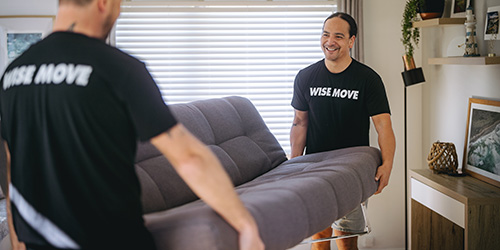






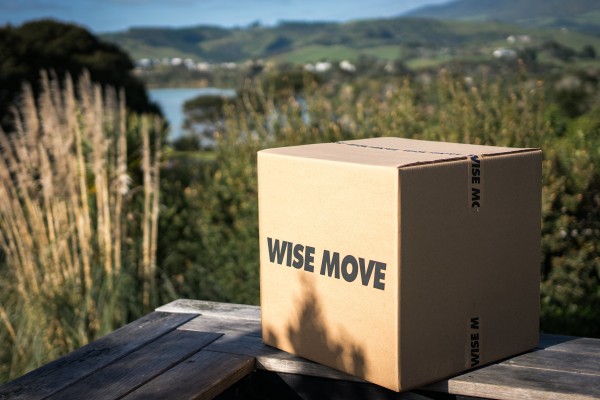
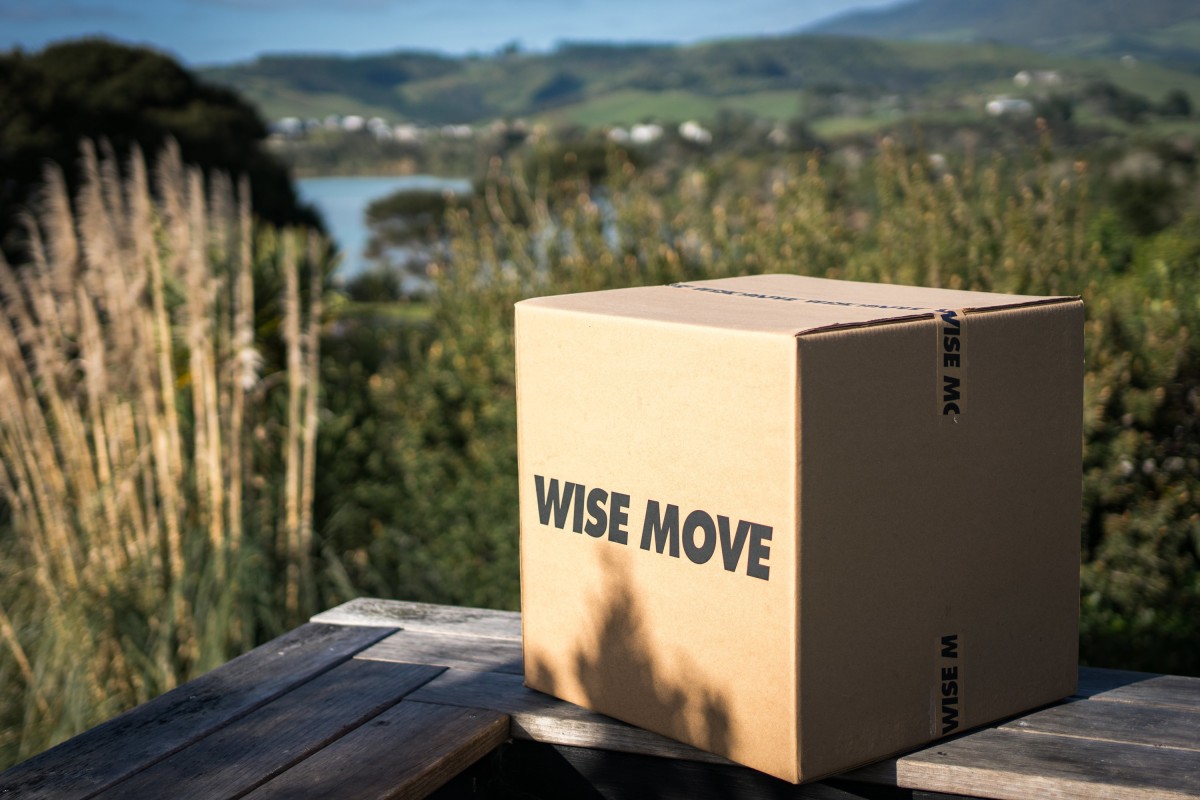
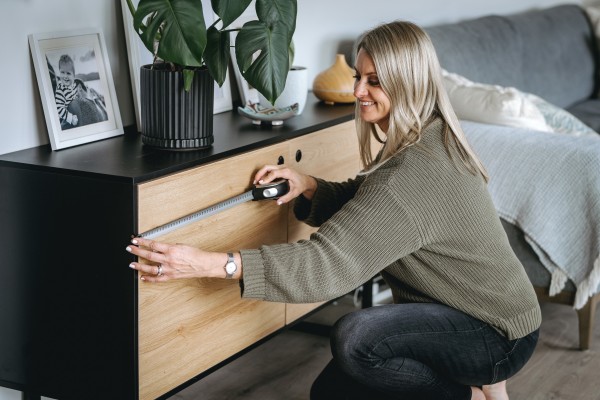
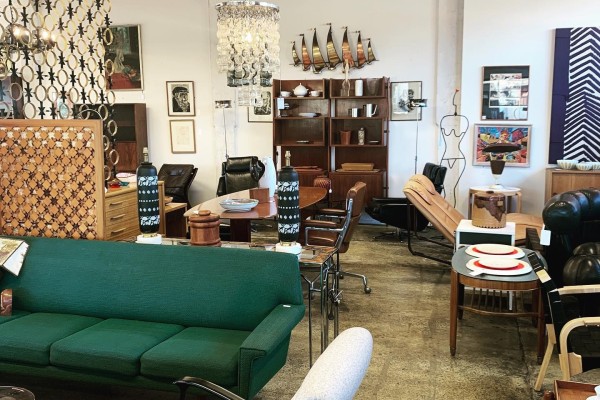
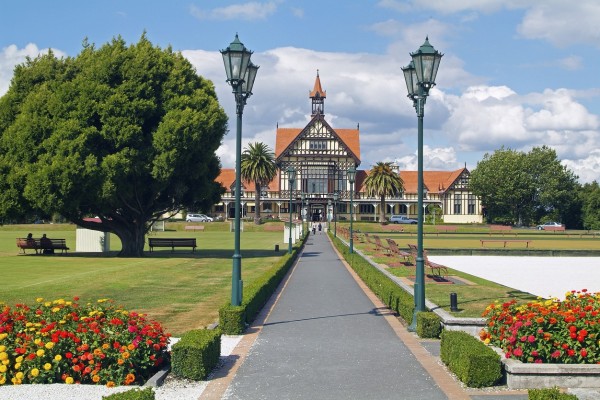
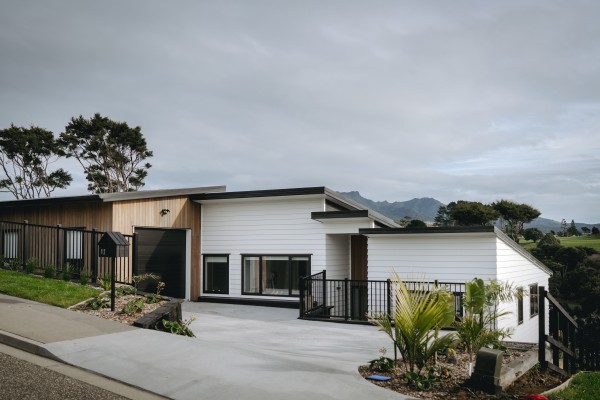
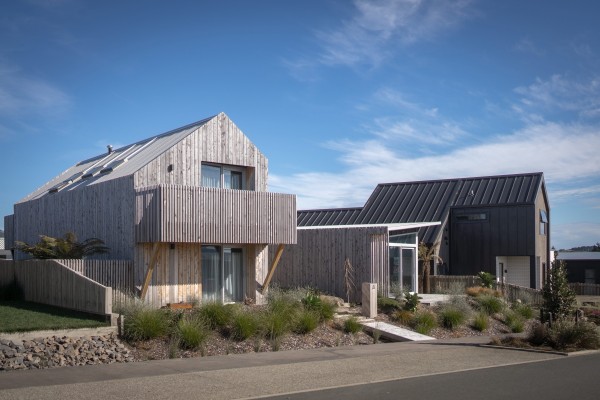
![What does it cost to build a new house in New Zealand? [2025] What does it cost to build a new house in New Zealand? [2025]](https://cdn.wisemove.co.nz/image/blog/ffd5dbdc5eec7e9eb3ad049d6c5c7f4d.jpeg)
